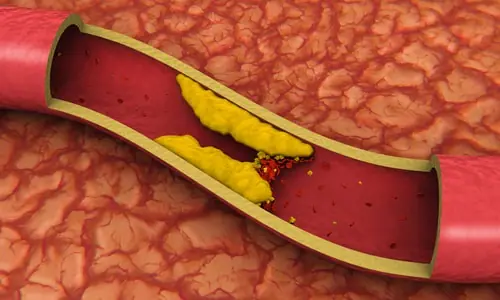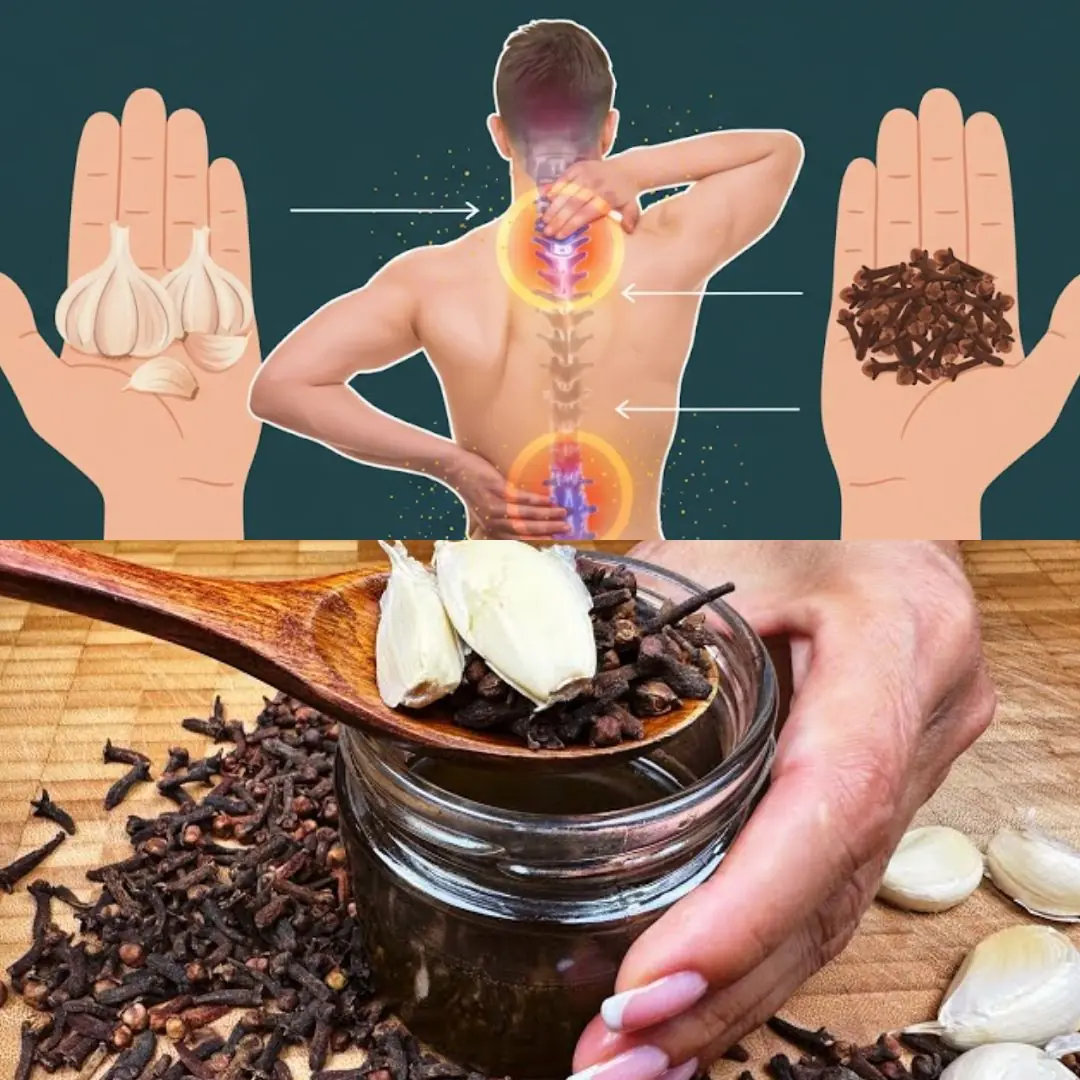
The surprising truth about eating eggs every day
When it comes to eggs, it’s safe to say they’re one of the most hotly debated foods in modern nutrition. Over the years, opinions have swung dramatically — from being labeled cholesterol bombs that could clog your arteries, to being praised as nutrient-dense superfoods. No wonder so many people are left wondering: what’s the real truth about eggs, and can you enjoy them without guilt?
A Long-Standing Debate
The “egg controversy” has been around for decades. In the 1970s and 1980s, nutrition experts warned that eating eggs — particularly the yolk — could increase blood cholesterol levels and, by extension, raise the risk of heart disease. As a result, many health-conscious individuals cut eggs out of their diet entirely.
However, modern science has since flipped that script. Numerous studies now show that for most healthy people, moderate egg consumption does not increase the risk of heart disease. In fact, cardiovascular health is far more influenced by trans fats, added sugars, and refined carbohydrates than by naturally occurring dietary cholesterol.
This shift in understanding has helped rehabilitate the egg’s reputation — transforming it from a dietary villain into a breakfast hero once again.
What Is Cholesterol, Really?
According to Heart UK, cholesterol is “a type of blood fat made in the liver, also found in some foods.” It plays vital roles in how the body functions — especially in the brain, nerves, and skin. About 80% of cholesterol is produced by your body, while the remaining 20% comes from your diet.
The Cleveland Clinic explains that not all cholesterol is created equal. There are two main types:
-
HDL (High-Density Lipoprotein) — often called the good cholesterol, helps remove excess cholesterol from the bloodstream and protects your arteries.
-
LDL (Low-Density Lipoprotein) — the bad cholesterol, which can build up as plaque inside arteries and increase the risk of heart attack or stroke.
Interestingly, your body naturally adjusts its cholesterol production based on your diet. When you consume more cholesterol — such as from eggs — your liver typically compensates by making less of its own. This self-regulating mechanism helps explain why eating eggs doesn’t automatically raise cholesterol levels for most people.
Why Eggs Deserve a Place on Your Plate
While eggs are relatively high in cholesterol, they’re low in saturated fat — the kind of fat that can actually raise LDL levels. They’re also packed with nutrients that make them one of nature’s most complete foods.
A single large egg contains about 6–7 grams of high-quality protein, plus all nine essential amino acids needed to build and repair muscle. Beyond protein, eggs provide healthy fats, omega-3 fatty acids, and a wide range of vitamins and minerals, including:
-
Vitamin A (for vision and skin)
-
Vitamin D (for bones and immunity)
-
Vitamin E (an antioxidant)
-
Vitamin B12 (for red blood cell formation)
-
Selenium, folate, and phosphorus
One lesser-known but powerful nutrient found in eggs is choline — a compound essential for brain health, memory, and metabolism. In fact, choline is especially important for pregnant women, as it plays a role in fetal brain development.
The Many Benefits of Eating Eggs
Including eggs in your diet can offer numerous health benefits. Consuming one or two eggs a day may help to:
-
🥚 Build and maintain muscle mass thanks to their complete protein profile.
-
🧠 Enhance brain function through choline and essential B vitamins.
-
👁️ Protect eye health, as egg yolks contain lutein and zeaxanthin — antioxidants linked to a lower risk of cataracts and macular degeneration.
-
🍳 Promote satiety, keeping you full longer and supporting healthy weight management.
-
❤️ Support heart and immune health, especially when combined with a balanced diet rich in vegetables, whole grains, and healthy fats.
Choosing and Cooking Eggs
Eggs are incredibly versatile — boiled, scrambled, poached, or sunny-side up, they fit into nearly any meal. You can add them to salads, sandwiches, stir-fries, or baked goods for an easy boost of protein and flavor.
Whenever possible, opt for pasture-raised or free-range eggs. These typically contain more omega-3 fatty acids, vitamin D, and antioxidants than conventional eggs, thanks to the hens’ more natural diets and outdoor access.
And remember: the way you prepare eggs matters too. Boiling or poaching them is generally healthier than frying them in butter or oil.
The Bottom Line
Eggs are safe, nutritious, and incredibly convenient. Despite their complicated reputation, they offer a perfect balance of protein, good fats, and essential nutrients — all packed into a few bites. For most people, enjoying an egg or two daily can be part of a heart-healthy, balanced diet.
So next time you’re deciding what to have for breakfast, don’t overthink it. Crack an egg, sizzle it in the pan, and enjoy one of nature’s simplest — and most misunderstood — superfoods.
News in the same category


❤️ 5 Subtle Signs That May Suggest Heart Trouble – And When to See a Doctor

Eat these 3 foods to strengthen them…

Neckline Wrinkles 5 Tips to Prevent and Eliminate Them

The Reason Some People Keep Lemons on Their Nightstand While Sleeping

Ginger and Salt Teeth Whitening Remedy

The Pain Most People Brush Off That Signals Serious Trouble

Warning Signs Your Arteries Need Cleansing and The Foods That Do It Best

10 Warning Signs of Low Magnesium Levels and What to Do About It

The 5 fruits secretly damaging your brain after 50

The #1 silent sign your kidneys are in trouble (and it’s not your urine)

Why Some People’s Skin Turns Red When Drinking Alcohol

🩺 The #1 Silent Sign Your Kidneys Are in Trouble (And It’s Not Your Urine)

The 5 Fruits Silently Damaging Your Brain After 50 — And What to Eat Instead

Capsaicin: The Fiery Compound That Stops Heart Attacks and Destroys Cancer Cells

Flush Away the Hidden Toxins Damaging Your Kidneys — With These 13 Powerful Cleansing Foods

Why You Should Stop Waking Up to Urinate

4 types of vegetables are full of parasites but many people still eat them raw every day

Hidden Dangers in Your Mouth: Early Signs of Oral Cancer
News Post

Push-Ups and Kindness: How One Deputy Reached a Boy’s Heart.

The Power of Urtica dioica: Natural Relief for Joint Pain, Arthritis, and Inflammation

The Woman at the Post Office: A Lesson in Beauty and Humanity.

James Spann: A Birthday, An Anniversary, and a Lifetime of Love

“For Alan” — A Family’s Fight Against Hemimelia

A Simple Breakfast, a Powerful Reminder: Strangers Bridge the Divide with Kindness

Garlic, Honey, and Cloves – a powerful natural remedy packed with health benefits

A Quiet Room, a Kind Heart, and a Pair of Shoes

From Fear to Home: A Shelter Dog’s Journey to Love

A Chance Encounter in California Reunites Hero and the Boy He Saved 13 Years Ago

The Best Tea for Mornings and After Dinner: A Powerful Blend for Health

The Goldfish Alligator: A Florida Kid's Wild Attempt at Luring a Reptile

Benefits and Uses of Papaya Flowers Soaked in Honey

The Wiener Dog and the Bear: A Friendship Lost and Found in the Mountains

Papaya releases a milky sap, but most people don’t realize how important it is

Bay Leaf – Nature’s Secret Against Wrinkles and Fine Lines

The Hidden Power of Garlic Bulbils: Nature’s Tiny Healing Pearls

Date Seeds Benefits: The Superfood Ingredient with incredible health benefits

Unlock The Incredible Health Benefits of Garlic, Ginger and Lemon for Men
